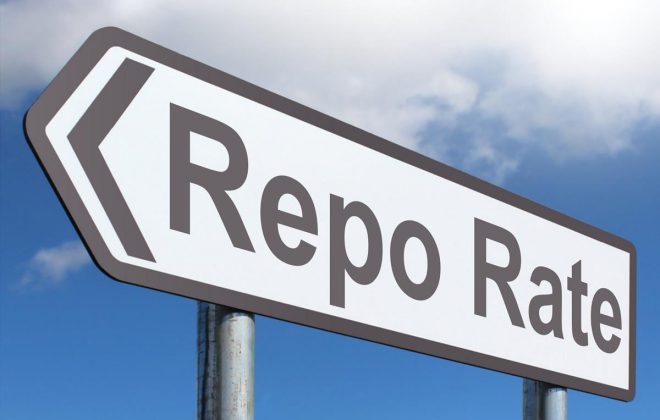Emoluments Attachment Order: Here’s what you need to know
Many South Africans are up to their eyeballs in debt. This has led to them missing their loan repayments or neglecting them all together. To recover their funds, creditors sometimes resort to obtaining an Emoluments Attachment Order (“EAO”) which allows them to attach a portion of their debtors’ salaries.
What is an Emoluments Attachment Order?
This is an order granted by the court in terms of the Magistrates Court Act (MCA) in favour of your creditor. It is served on your employer (called the garnishee) and obliges them to make regular deductions from your salary, says Katherine Timoney, candidate attorney at Gillan & Veldhuizen.
Your employer is obliged to pay those deductions over to your creditor until the underlying debt and related costs are satisfied.
The order can only be granted once your creditor has obtained a court judgment against you.
Obtaining an EAO is a long process
The creditor will first issue a written request, followed by a warning, and a final request. If you do not respond to this, the matter will be handed over to an attorney, says Frans Joubert, manager at Salary Management Services.
The attorney will start a legal process that ends in the court, which, if successful, will end with a court order that you must pay the outstanding amount to your creditor. This is known as a judgment debt.
If you are not able to pay back the judgment debt, the creditor will then have to approach the court again, requesting an order that allows the creditor to collect the judgment debt, including costs such as sheriff costs, from your salary.
A sheriff will deliver the order to your employer, who will be obliged to implement it against your salary.
You could be arrested if you fail to appear in court
During the legal proceedings, the magistrate will summon you to court to enquire about your financial position and your ability to pay. In other words, you get the chance to give the court information about your financial position before the order is granted. Failing to appear in court may lead to you being brought to court by the Sheriff.
There is a limit to what you can pay
By law, EAOs are cumulatively limited to 25% of the debtor’s basic salary every month, says Timoney.
This means that the total amount deducted from your salary, even if there are multiple orders against you, cannot exceed 25% of your salary.
The law says that you must pay as much of the debt to satisfy the judgment and costs of the proceedings as you can. However, if you go to the hearing in court, you can ask for a payment that suits your monthly budget, says Joubert.
The court can amend or cancel the order
EAO’s generally operate until the underlying debt and related costs granted in terms of a court order are satisfied in full.
However, if you can show that you do not have enough means to support yourself and your dependants, you can apply to have the order set aside or amended.
You are still liable to pay even when you leave your current employer
If you leave the services of your employer before the debt has been paid in full and you are employed by another company, your new employer will still be obliged to execute the order.
This article has been prepared for information purposes only and it does not constitute legal, financial, or medical advice. The publication, journalist, and companies or individuals providing commentary cannot be held liable in any way. Readers are advised to seek legal, financial, or medical advice where appropriate.
MoneyShop





